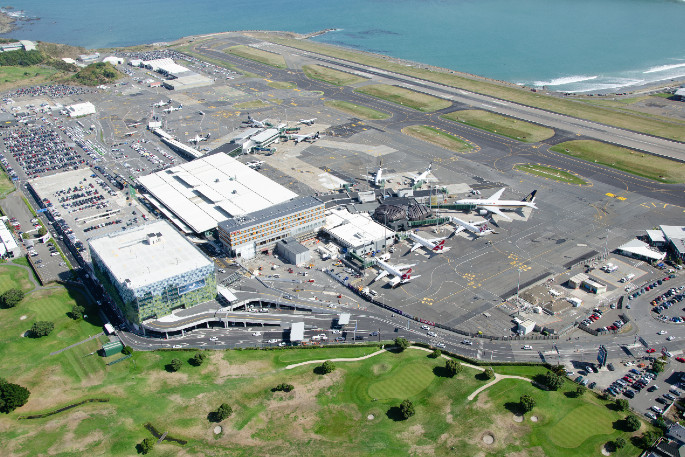Wellington Airport has detailed a plan to reach net zero emissions by 2030 involving substantial, permanent reductions.
“Air travel is vital to Wellington and New Zealand, so it has to change and become more sustainable,” says Wellington Airport chief executive Matt Clarke.
“That’s why we’ve set ambitious targets for ourselves and are working with airlines to help them transition as well.”
The key steps to achieve net zero, in consultation with airline partners, include:
- • Tracking against transparent, science-based targets
- • Reducing overall energy use by 30 per cent by 2030
- • Improving the efficiency of heating, cooling and lighting systems
- • Prioritise replacing gas boilers and moving to 100 per cent renewable energy sources
- • Replacing vehicle fleet with electric vehicles
- • Offsetting any residual emissions
As part of this plan Wellington Airport is aiming for absolute zero emissions (no carbon output at all) by 2050.
“Our emissions have reduced by 39 per cent since 2017, and while this is largely due to COVID-19, the goal now is to decouple emissions from the expected strong growth in travel,” says Matt.
“We’re also working directly with airlines to support their decarbonisation goals. Our aim is to be a pioneer and hub for electric flights, and we have established a working group on electrification with airlines and other partners.”



